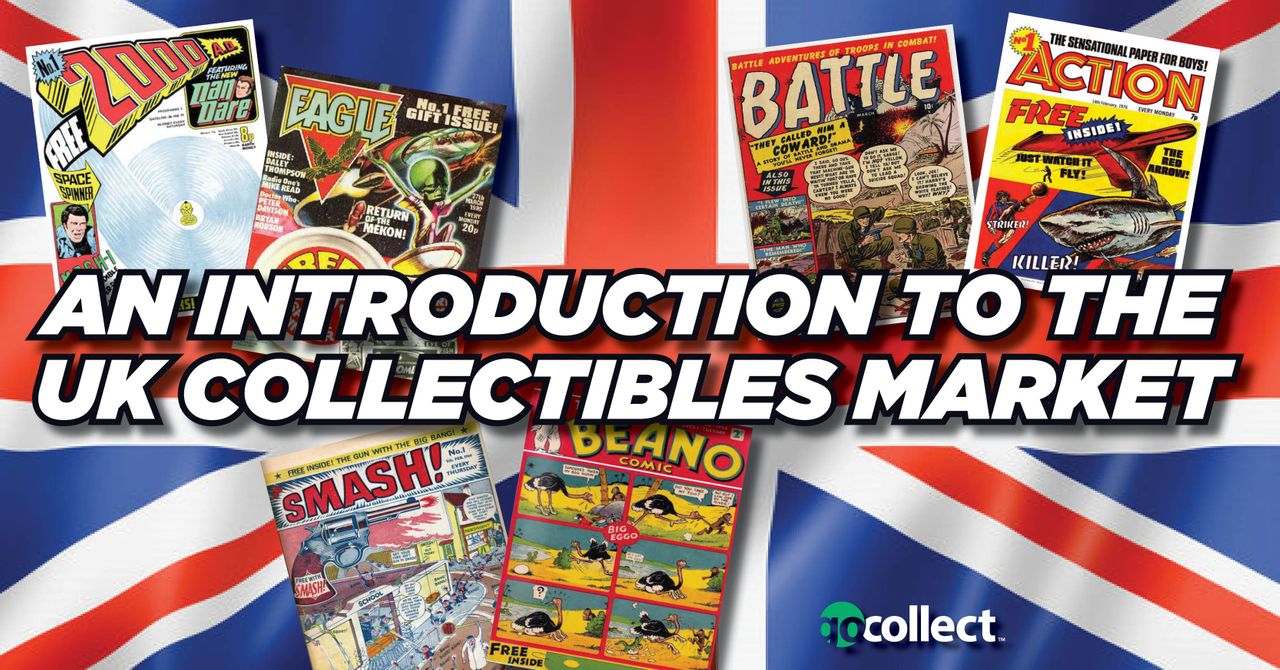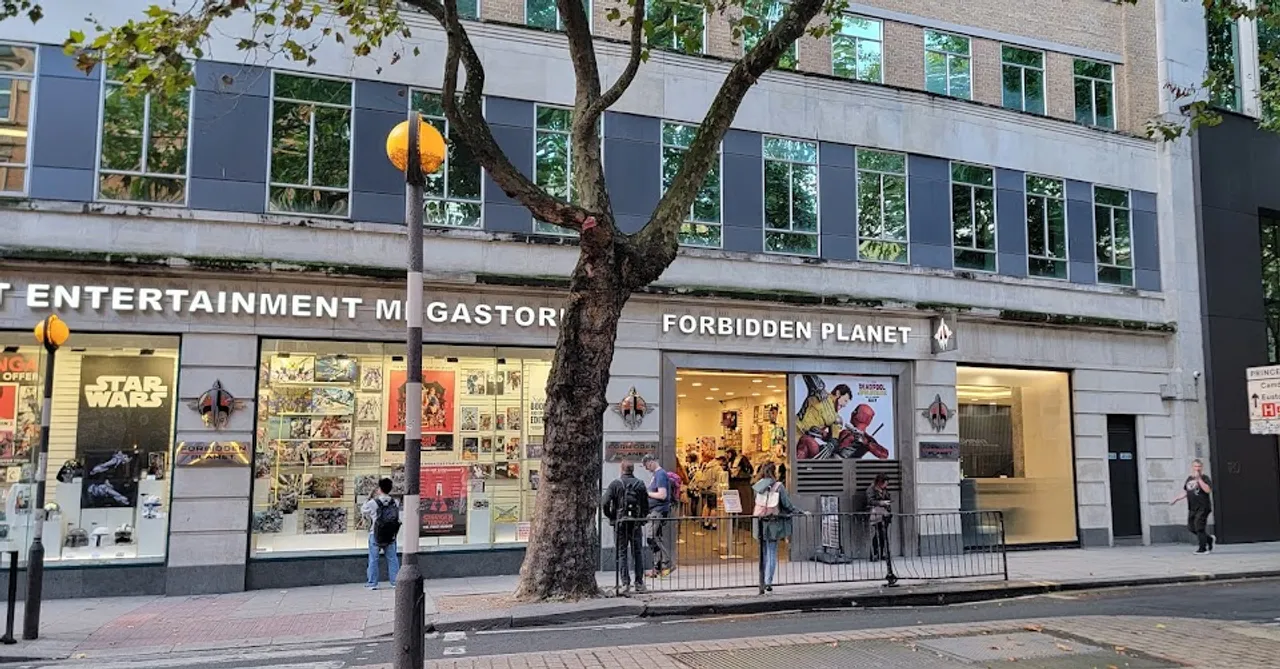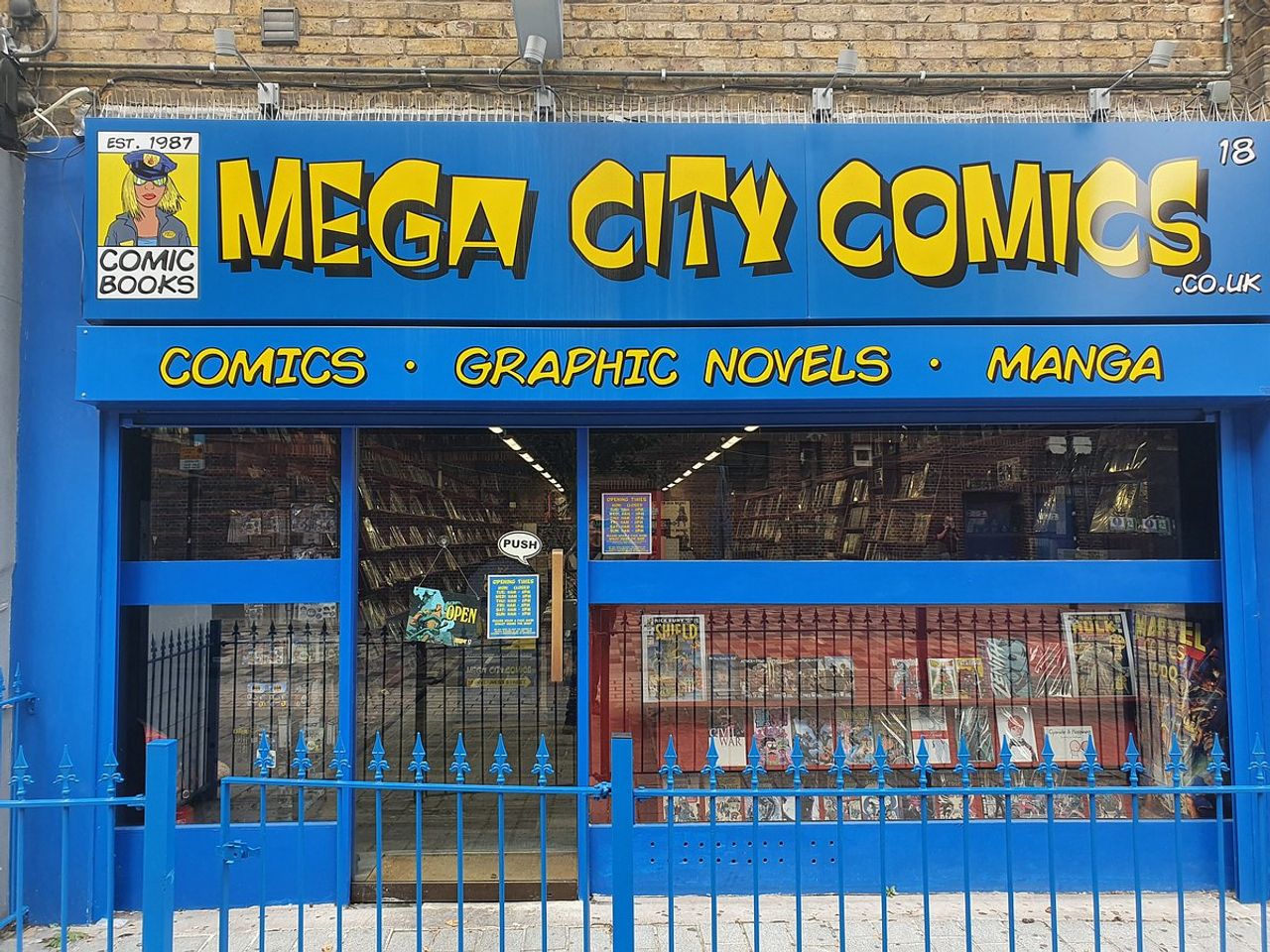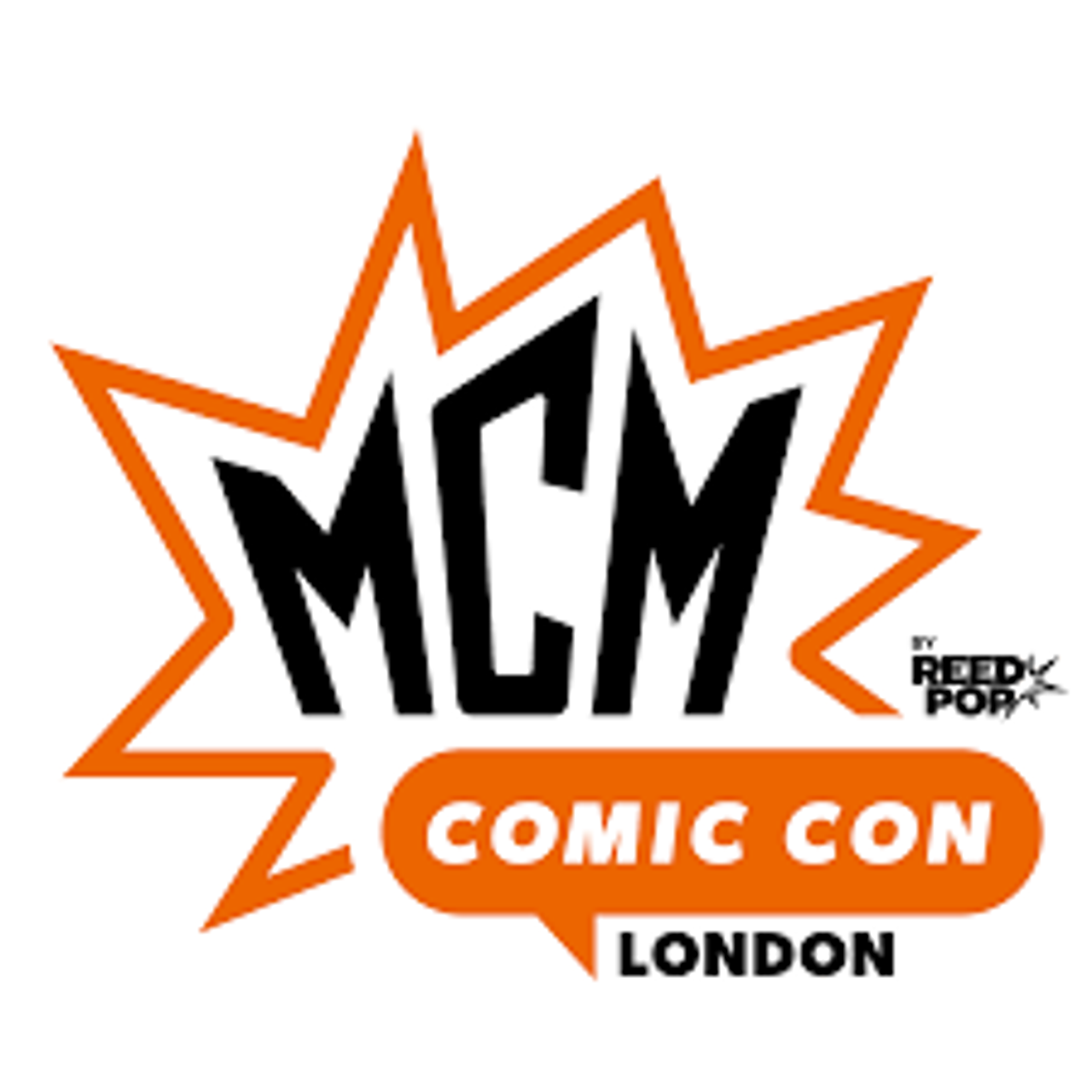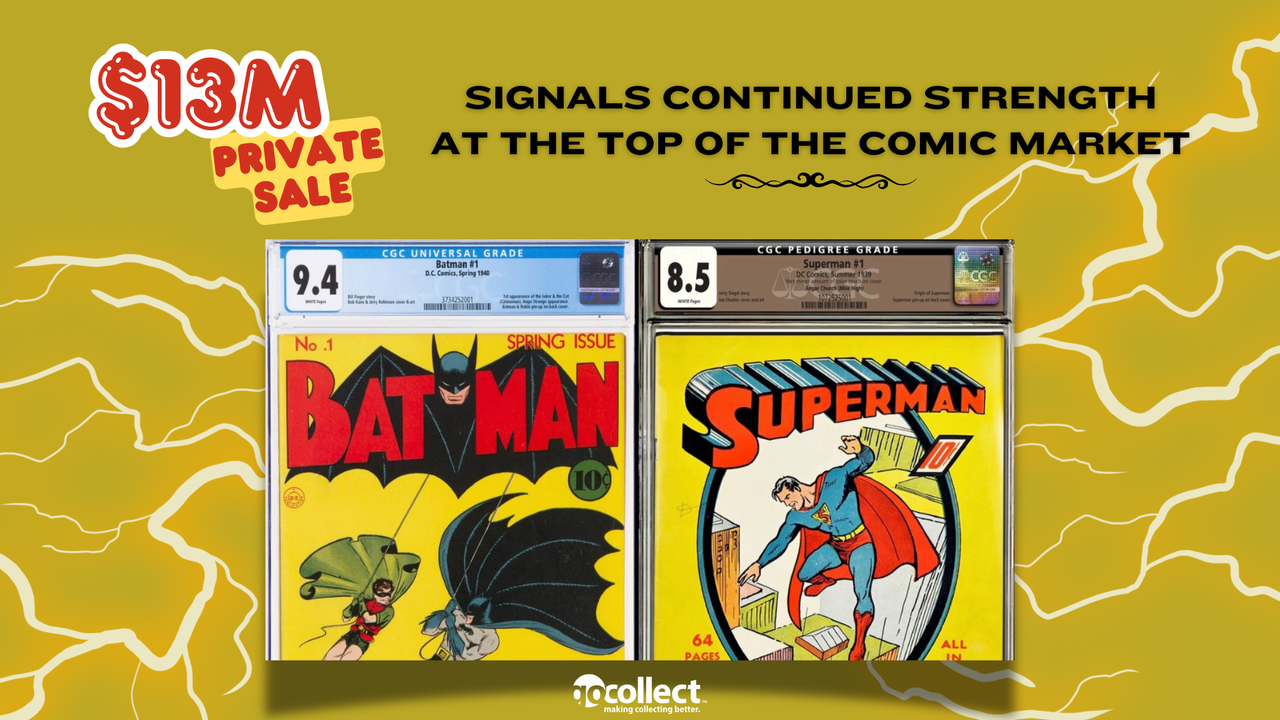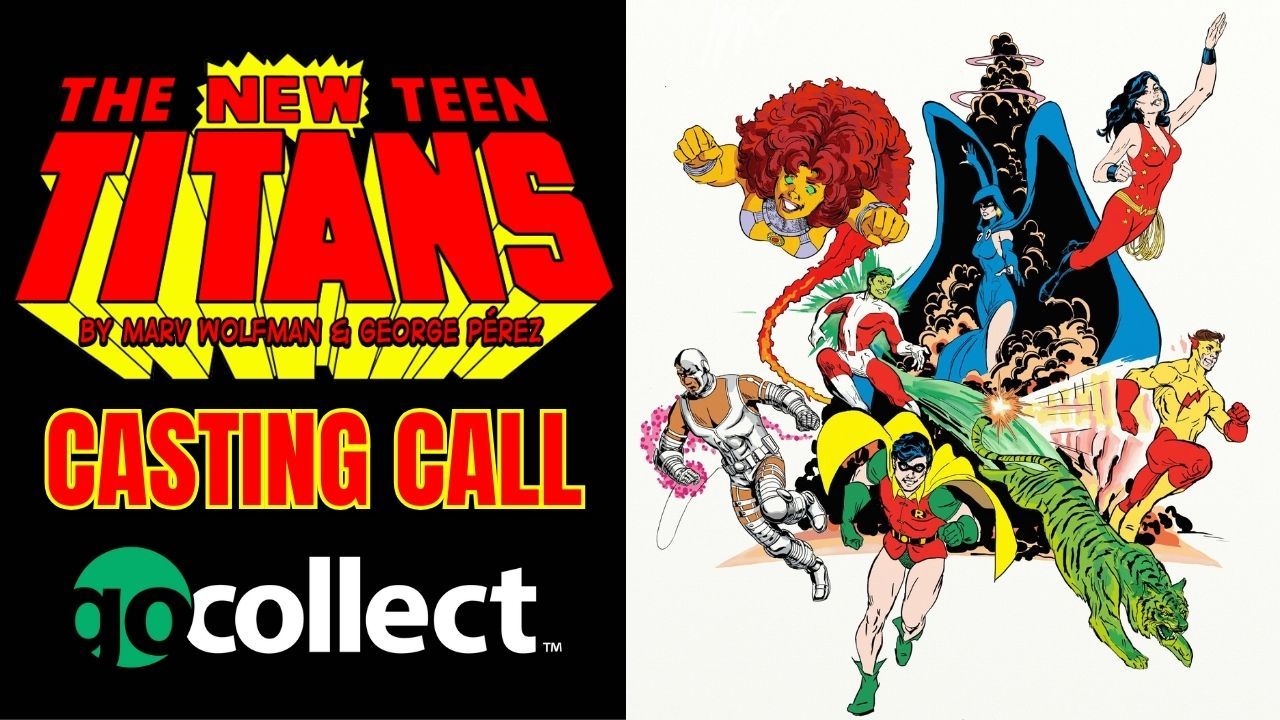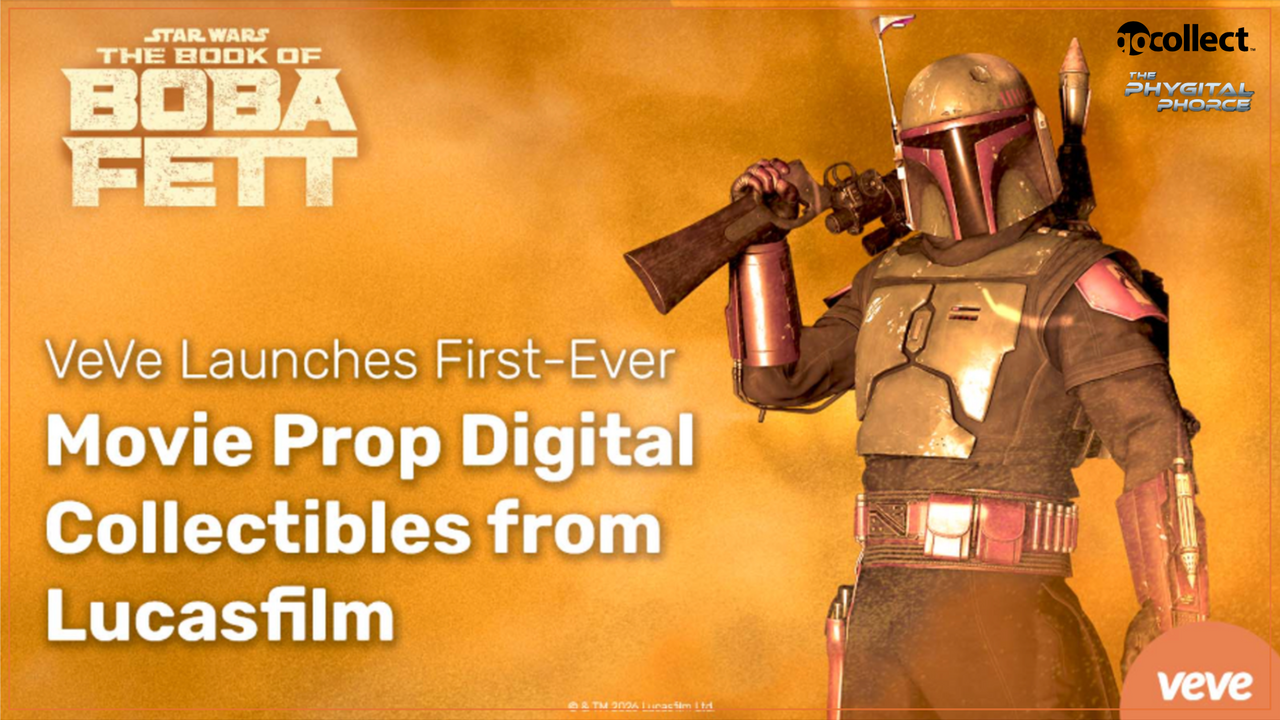The Covid-19 pandemic reshaped our way of life. Economies across the world took a hit as restrictions on social contact were introduced to curtail the spread of the disease. More people started working from home than ever before. This had a significant, and some might say unexpected, impact on the global collectibles market. As people reconnected with hobbies we saw a renewed interest in items like comic books and trading cards.
The UK was no exception. Interest in collectibles soared, driven by a combination of factors including live-streaming, social media, and economic necessity. Over the past five years the UK collectibles landscape has undergone substantial changes, as this article will demonstrate.
What’s a collector to do?
Imagine being transported to the UK. You love comic books and trading cards, but you don’t know anything about our collectibles market. You need to find somewhere to purchase your beloved collectibles, but there are so many options: retail chains, independent stores, online stores, auction houses, and trade shows, not to mention things like Facebook groups, Instagram and Discord.
To keep things simple I’m going to provide an overview of each option listed above.
brick-and-mortar Stores
When it comes to brick-and-mortar retail chains there are two major players: Forbidden Planet and Forbidden Planet International (formerly Forbidden Planet Scotland). While Forbidden Planet only operates stores in England, Forbidden Planet International operates stores in England, Ireland, Northern Ireland, Scotland and Wales, hence the name.
Although originally known for their impressive selection of comic books they have since expanded into other areas, including trading cards, manga and toys as is the case for many retailers. Forbidden Planet is in a league of its own and boasts the largest stock of comics and graphic novels in the UK. That being said, Traveling Man which serves the north of England has four stores and is worth visiting for its Tula Lotay exclusives (she used to work there) and excellent selection of graphic novels.
With the big players out of the way, we can explore some of the independent brick-and-mortar stores in the UK. Based on my preliminary research, there are likely a few hundred such stores. For anyone curious, my "research" involved Googling variations of, “comic book stores in [insert city name]” and tallying the results. There are 76 cities and each city yields an average of between 0-3 results, with notable exceptions like London which returns several pages worth of results. I focus on cities mainly because stores in towns such as Croydon will show up under search results for comic book stores in cities such as London. Of course, if we get into the minutiae there are many ways to organise the data and some comic book stores in name only have a small selection of comics.
London is home to many iconic comic book stores, including Mega City Comics, Notting Hill Comic Exchange, A Place in Space, Gosh!, Raygun, and many more. Outside of London, there are also standout comic book stores such as OK Comics in Leeds, the Graded Gallery in Birmingham, and Universal Export in Newcastle. When it comes to brick-and-mortar trading card game (TCG) stores there are a few big players such as Chaos Cards and Total Cards, with a few other TCG stores scattered across the country with Card Empire in Liverpool coming to mind. In comparison there are only a few sports card stores in the UK such as Sports Cards Direct, Sports Trading Cards UK and Kaboom Cards.
While many comic book stores sell cards the reverse is less common. Even in London, I can only think of the Brotherhood Games and Wishlist Collectibles that operate by mostly selling trading cards and trading card accessories. There is also Collectors Cardhouse in Chorleywood which has an impressive range of cards, and Ninja Cards in Romford, which is one of the smaller card stores, albeit one that packs a punch. The demand just isn’t there for brick-and-mortar stores at the moment and many businesses such as Card Galaxy, Magic Madhouse and Japan2UK operate online only stores.
The main difference I notice between the big retail stores such as Forbidden Planet and independent retailers is the time you can spend chatting to members of staff and the flexibility offered by independent stores, especially if you want to make last-minute changes to a standing order. While independent stores allow you to order online, you will find that you are often able to buy something online and pick it up later in-store - a service not available at Forbidden Planet.
Auctions
Comic and card auctions have always existed in the UK in some form or another. However, the global collectibles boom improved the quality of these collectibles offered at auction and the prices realised. As auction prices increase and auction results are publicised, members of the public will start realising the potential value of their own collectibles, leading to more items being consigned to auction houses. In the UK there are a few options for buying comics and cards below.
If you are looking for higher end comics and back issues then Silveracre is a good place to look as they have Europe's largest stock of back issues, as are auction houses such as Excalibur Auctions, Ewbanks, and Anderson and Garland. Compared to the US with heavy hitters such as Heritage, Comic Connect, and My Comic Shop, the UK’s auction scene is much smaller for comics, and this goes for cards as well. You have Baldwin's, Ewbanks and a few others for cards but nothing quite on the scale of a Goldin or an Alt. Some auction houses occasionally sell comic books or trading cards even if they don’t have a dedicated department, and the easiest way to find these is through sites like the Saleroom or Easy Live Auctions.
Changing times
There have been several notable trends in the UK collectibles market that have changed the way consumers interact with collectibles. Most notably:
We’re Going Live!
Buying online is something most collectors in the UK are familiar with, whereas auctions remain a niche area. Many collectors do not understand the process, can find the items elsewhere, or are uninterested in the items being auctioned, which often consist of job lots. However, most collectors probably know how eBay auctions work due to their simplicity and fairly straightforward fee structure. When you combine this simplicity with the added appeal of an auctioneer, you get something quite interesting: livestream shopping.
Many people are familiar with TV shopping channels like QVC or Shop at Bid, but livestream shopping is new to those of us in the West. It first became a huge phenomenon in China during 2017s Singles’ Day (unofficial) holiday. The introduction of apps like Whatnot (introduced to the UK in 2022) where users can buy directly from the hosts of various liveshopping streams marked a huge shift in collector’s shopping habits. Many influencers who focused on comic books and trading cards made the move towards live selling, with some even opening brick-and-mortar stores. at shows it's not uncommon for collectors to mention buying from a streamer rather than a store.
In my view, this highlights the importance of customer service. Collectors are passionate about their hobby and are more likely to spend their money with people that also share this passion. It's a community more than anything else. As we've seen in the past, people will spend money with people that they like and trust.
As livestreaming continues to grow in popularity, major platforms like eBay, TikTok, and Fanatics have jumped on board, and it’s likely to become a staple in the hobby. Its format is particularly suited to events like box breaks where viewers have the opportunity to engage in the entertainment aspect while securing a part of the opened product. It's like watching someone play a video game while you pay to get some of the loot. Many businesses in the UK have started using platforms like Whatnot to sell comic books, cards, and other items, offering viewers a behind-the-scenes look at the people behind the products.
A Return to Form
Two of the most common criticisms I hear in the hobby are that people focus too much on money, and that independent store owners are struggling to compete with the prices offered by corporations and whales. The social media era has turned the tables slightly as we gravitate more towards buying from people and personalities. Companies are always on the lookout for influencers to work with because people buy from people that they like and trust. Engaging with people is always a great experience, especially when they share your passion; however, nothing quite compares to face-to-face interaction. This brings us to another recent development in the UK collectibles scene: the rise of trade shows for cards.
Founded in 2021, the London Card Show was one of the first modern card shows in the UK. What started off as a small show with only a handful of vendors, quickly became one of the biggest card shows in the UK, with rivals such as Card Con quickly establishing themselves as serious players. Both have managed to secure an impressive array of sponsors, many of those being American companies such as Goldin, Whatnot, eBay and Heritage. Since then, several other card shows have popped up across the UK, most of which can be found on the UK Card Shows website. Needless to say, card shows are more popular now then they ever were in the past. So much so that at the last MCM Comic Con in London it seemed like there were more card sellers than comic sellers.
Trade shows continue to grow in popularity because they offer sellers an affordable way to reach a broad audience, while attendees have the chance to meet the people behind the brands. Influencers can network with potential sponsors, and livestreamers can host breaks in front of a live audience. When I attended The Nationals last year I was in awe at the sheer size of the convention, and while nothing in the UK is on quite the same scale, many card shows are starting to adopt the American model, with the founders of Card Con citing the Nationals as direct inspiration.
As the market continues to grow it will be interesting to see just how much the UK collectibles market evolves, and what new initiatives lay around the corner.
